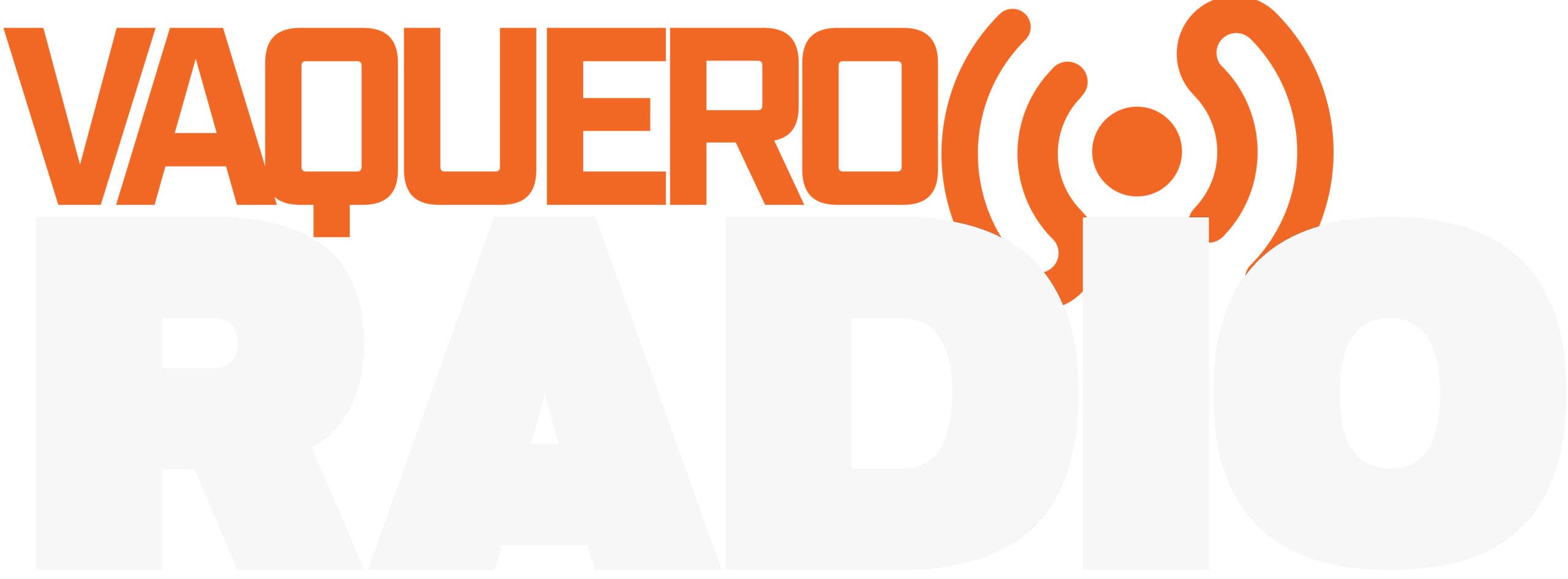

Last Monday, the Internal Revenue Service and the U.S. Department of Treasury announced that the automatic distribution of the Economic Impact Payments will begin in as little of three weeks. The Economic Impact Payment is a one-time payment offered by the U.S. government to financially aid those who have been impacted by the new coronavirus.
Professor and Chair of Political Science at UTRGV, Clyde Barrow says we are only seeing the beginnings of the economic impact.
People get laid off, they lose their jobs, they quit purchasing as much because they don’t have money, so you know we are only seeing the beginnings of the economic impact that it’s going to ripple through the economy for several months.
The IRS website states that tax filers who earn an “adjusted gross income up to $75,000 dollars for individuals” will receive the full amount of $1200 dollars.
The amount of money varies for those who are married or filled dependents. Using tax filer’s information from their tax returns from 2019 & 2018 they will direct deposit most of the payments.
Associate Professor at UTRGV, Mark Kaswan says low wage workers are most impacted by the pandemic.
Most of the impact is being felt by people who are relatively low wage workers, so you know people who work at retail stores for example or people who are servers at restaurants, Uber drivers are being heavily impacted…
The Treasury Department is extending the federal tax fling from April 15th to July 15th, and the IRS urges people who have not file taxes to do so.
Political Science Graduate Gabriel Galvan says the Economic Impact Payment will not be enough.
In my general opinion probably it is not going to go far enough because chances are that we are going to be dealing with this pandemic all the way until the summer and possible the fall.
The IRS website is warning people from a possible surge in phone call scams regarding the payment, and offering tips in how to handle them.
For more information on the Economic Impact Payment visit irs.gov.
Reporter Victor Rivero



